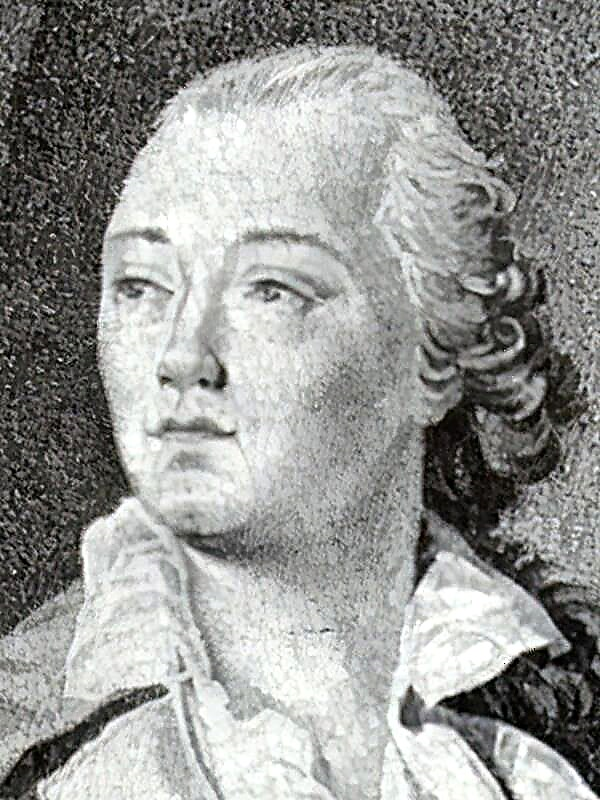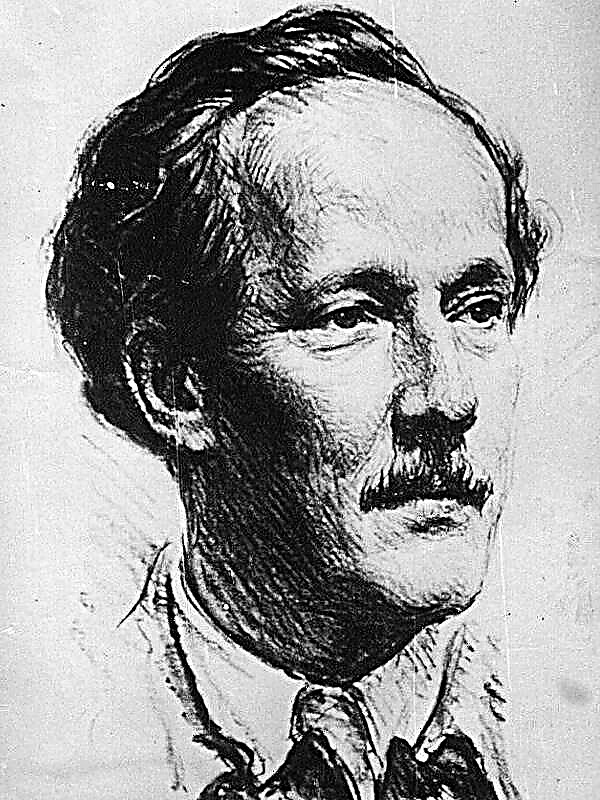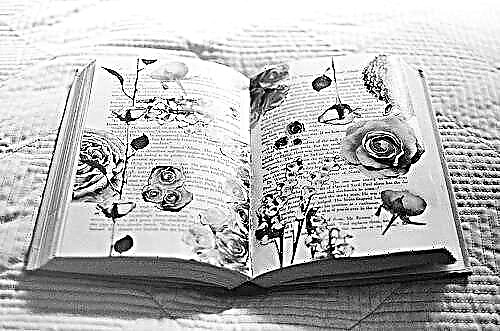A.S. Pushkin, like any poet, was very keen on the feeling of love. All his experiences, sensations poured on a sheet of paper with wonderful verses. In his lyrics you can see all the facets of feeling. The work “I remember a wonderful moment” can be called a textbook example of the poet’s love lyrics. Probably, everyone can easily recite at least the first quatrain of the famous poem by heart.
History of creation
Essentially, the poem, "I Remember a Wonderful Moment" is a story of love alone. The poet in a beautiful form conveyed his feelings about several meetings, in this case about the two most significant ones, he managed to convey a touching and sublime image of the heroine.
The poem was written in 1825, and in 1827 published in the almanac "Northern Flowers". The poet’s friend, A. A. Delvig, was engaged in the publication.
In addition, after the publication of works by A.S. Pushkin began to appear various musical interpretations of the poem. So, in 1839 M.I. Glinka created the romance “I Remember a Wonderful Moment ...” to verses by A.S. Pushkin. The reason for writing the romance was the meeting of Glinka with her daughter Anna Kern - Catherine.
Who is dedicated to?
A poem by A.S. Pushkin's niece of the president of the Academy of Arts of Olenin - Anna Kern. For the first time, the poet saw Anna in the house of Olenin in St. Petersburg. That was in 1819. At that time, Anna Kern was married to a general and did not pay attention to the young graduate of the Tsarskoye Selo Lyceum. But that same graduate was fascinated by the beauty of a young woman.
The second meeting of the poet with Kern happened in 1825, it was this meeting that prompted the writing of the work “I Remember a Wonderful Moment”. Then the poet was in exile in the village of Mikhailovskoye, and Anna came to the neighboring estate Trigorskoye. They had fun and carefree time. Later Anna Kern and Pushkina were connected more by friendly relations. But those moments of happiness and delight were forever imprinted in the lines of Pushkin's work.
Genre, size, direction
The work belongs to the love lyrics. The author reveals the feelings and emotions of the lyrical hero who recalls the best moments of his life. And they are associated with the image of the beloved.
By genre, this is a love message. “... You appeared before me ...” - the hero turns to his “genius of pure beauty”, she became for him comfort and happiness.
For this work, A.S. Pushkin chooses a five-foot iambic and a cross-type rhyme. With the help of these means, the feeling of a story is transmitted. We seem to see and hear live a lyrical hero who leisurely sets out his story.
Composition
The ring composition of the work is based on the antithesis. The poem is divided into six quatrains.
- The first quatrain tells of a “wonderful moment” when the hero first saw the heroine.
- Then, in contrast, the author paints hard, gray days without love, when the image of her beloved gradually began to fade from memory.
- But in the final, the heroine reappears to him. Then in his soul again resurrects "and life, and tears, and love."
Thus, the work is framed by two wonderful encounters of heroes, in a moment of charm and insight.
Images and Symbols
The lyrical hero in the poem “I remember a wonderful moment ...” is a man whose life changes as soon as an invisible feeling of attraction to a woman appears in his soul. The hero does not live without this feeling; he exists. Only a beautiful image of pure beauty can fill his being with meaning.
In the work we meet all kinds of characters. For example, the image-symbol of the storm, as the personification of everyday hardships, all that the lyrical hero had to endure. The image-symbol "darkness of imprisonment" refers us to the real basis of this poem. We understand that it refers to the exile of the poet himself.
And the main symbol is the "genius of pure beauty." It is something incorporeal, beautiful. Thus, the hero exalts and spiritualizes the image of the beloved. Before us is not a simple earthly woman, but a divine being.
Themes and Issues
- The central theme in the poem is love. This feeling helps the hero live and survive in the harsh days for him. In addition, the theme of love is closely related to the theme of creativity. It is the excitement of the heart that arouses inspiration in the poet. An author can create when all-consuming emotions bloom in his soul.
- Also A.S. Pushkin, as a real psychologist, very accurately describes the state of the hero in different periods of his life. We see how strikingly contrasting the narrator’s images are during his meeting with the “genius of pure beauty” and at the time of his imprisonment in the wilderness. It's like two completely different people.
- In addition, the author raised the issue of unfreedom. He describes not only his physical bondage in exile, but also the inner prison, when the person closes in himself, fencing himself off from the world of emotions and bright colors. That is why those days in loneliness and longing became for the poet imprisonment in every sense.
- The problem of separation appears before the reader as an inevitable, but bitter tragedy. Life circumstances are often the cause of the gap, which painfully hits the nerves, and then hides in the bowels of the memory. The hero even lost a fond memory of his beloved, because the awareness of the loss was unbearable.
Idea
The main idea of the poem is that a person cannot live fully if his heart is deaf and his soul is asleep. Only by opening to love, its passions, you can truly feel this life.
The meaning of the work is that only one small, even insignificant event for others can completely change you, your psychological portrait. And if you yourself change, then your attitude to the world around you changes. So one moment is able to change your world, both external and internal. It is only necessary not to miss it, not to lose days in the hustle and bustle.
Means of artistic expression
In his poem, A.S. Pushkin uses a variety of trails. For example, for a more vivid presentation of the hero’s state, the author uses the following epithets: “wonderful moment”, “hopeless sadness”, “gentle voice”, “heavenly features”, “noisy fuss”.
We meet in the text of the work and comparison, already in the first quatrain we see that the appearance of the heroine is compared with a fleeting vision, and she herself is compared with a genius of pure beauty. The metaphor “a storm of rebellion scattered previous dreams,” emphasizes how time has mercilessly taken away from the hero his only consolation - the image of his beloved.
So, beautiful and poetic, A.S. Pushkin was able to tell his love story, many unnoticed, but dear to him.

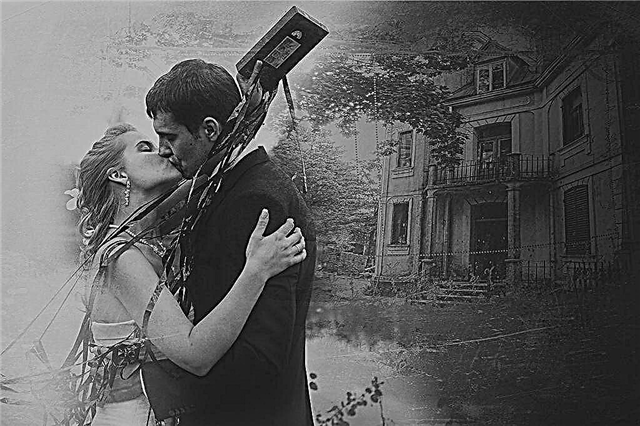

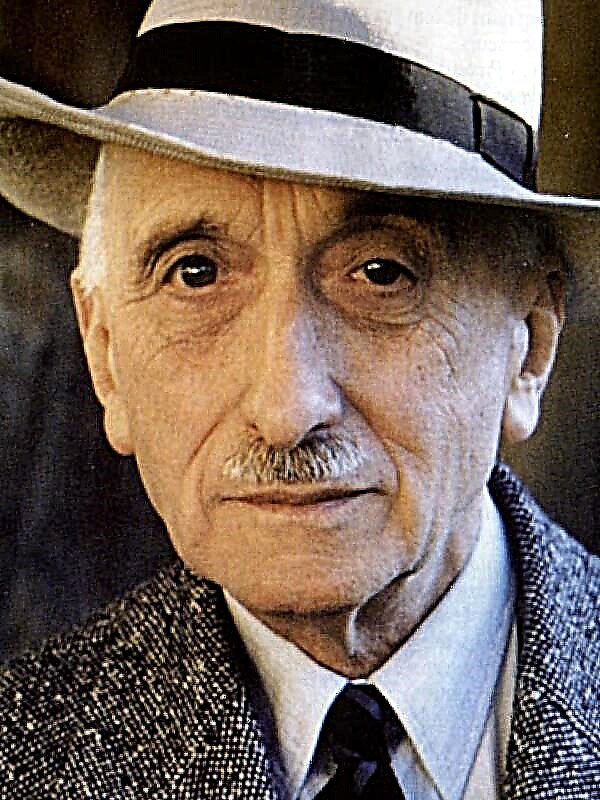

 twelfth Night
twelfth Night
